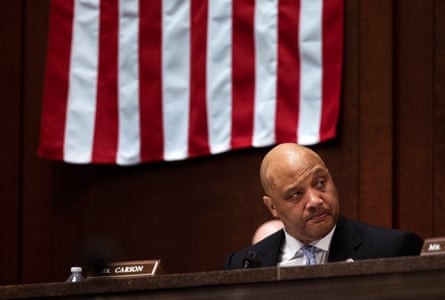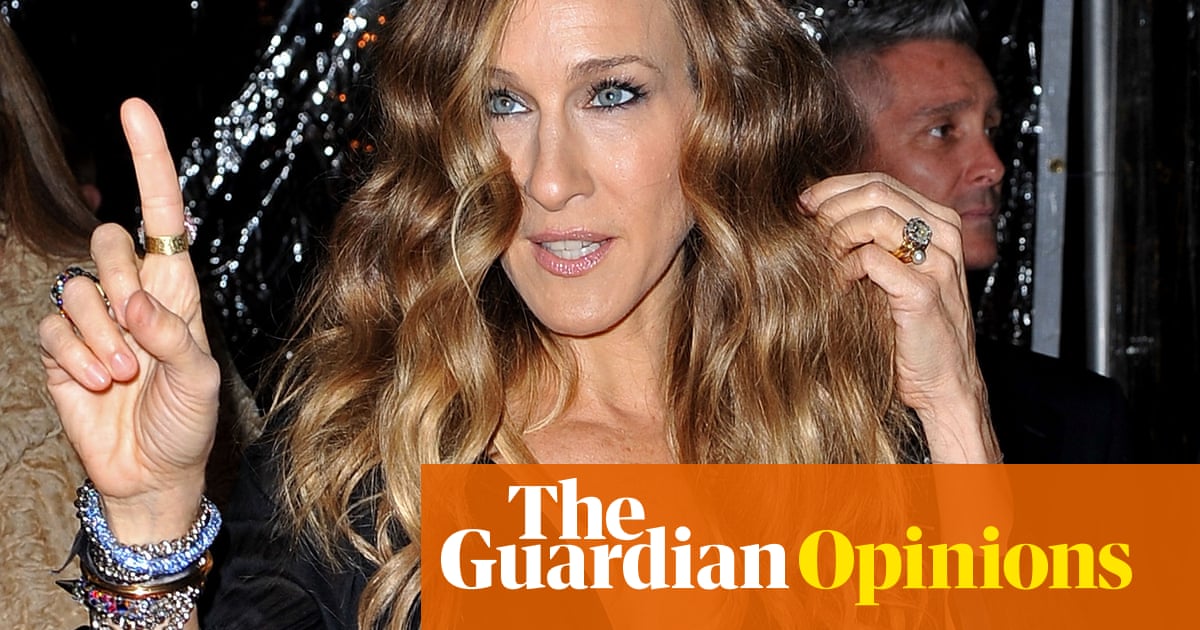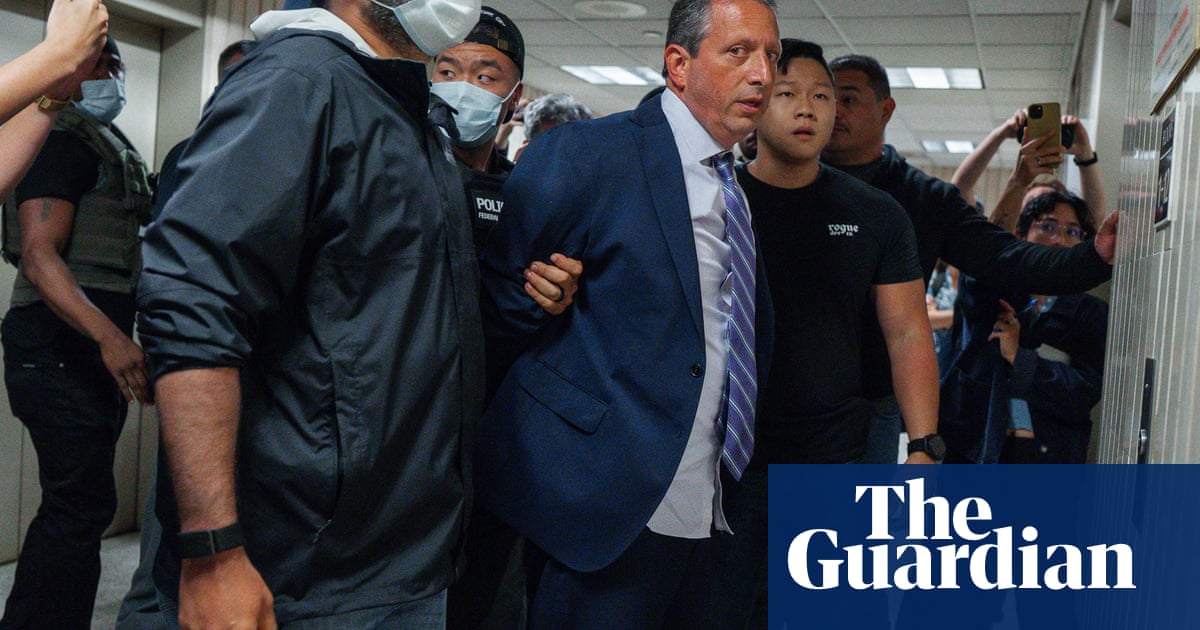When George Hornedo, 34, was still deciding whether to run in the Democratic primary for Indiana’s seventh congressional district against longtime incumbent André Carson, a party elder looked him in the eyes and said: “You are gonna get hurt.”
Hornedo went home that day and posted a TikTok video recounting the encounter. According to him, it highlighted the reality of the Democratic party.
“The people in charge don’t just fight Republicans, they fight anybody who challenges them,” Hornedo said. “That’s not democracy, that’s machine politics.”
Hornedo is one of many young insurgents challenging the party’s status quo across the country. With months to go before primaries take place for the 2026 midterms, even some within the party hierarchy have backed efforts to disrupt the political lineup after Democrats lost the presidency and both chambers in Congress in November.
In February 2025, the Democratic National Committee, the party’s executive leadership board, elected David Hogg, 25, as one of its vice-chairs. Hogg pledged to use his position to unseat incumbents in safe districts. On Real Time with Bill Maher, he said: “I do not care if you have been there for decades or for one term: that seat is not yours, it is your constituents.” (Hogg has since left the committee after months of internal debate.)
In Indianapolis, at the end of April, Hornedo was busy trying to appeal to constituents and show them he can be an alternative to the party’s old-guard. Dressed in sweatpants and a black hoodie, he had just finished cutting weeds at a community event by Fall Creek in Indianapolis when he spoke about the challenges facing the Democratic party.

“We’re just trying to go where people are civically engaged, because they’re probably voters,” Hornedo said. And if they’re not, they can be. But right now, most voters aren’t active in Democratic politics anywhere. So how do we help people see themselves in our party? I think that’s important.”
Raised in Laredo and San Antonio, Texas, before moving to Indianapolis because of his dad’s job, Hornedo calls himself a “Hoosier by way of Texas”. His candidacy, Hornedo said, is not about him or about Carson, but about “whether the government can work for people that need it the most.”.
“The real divide in the party is not left versus center and not even young versus old,” Hornedo said. “The reality is that, with Trump and Musk dismantling things day in and day out, when Democrats come back in power, we are not walking back into a government that resembles that of which we knew. And I just don’t think that the leaders that got us into this are the ones that are going to get us out of it.”
Hornedo criticizes Carson as one of the least effective lawmakers in Congress, pointing to the ranking of the University of Virginia and Vanderbilt University’s Center for Effective Lawmaking, that sees Carson ranked 197th out of 220 Democrats in the 118th Congress for effectiveness. The center defines that using 15 metrics, including the number of bills sponsored, their progress, and their substantive significance.
Carson, 50, has held his seat for 17 years. He never had a competitive primary since he took over the seat of his grandmother, Julia Carson, in 2008. He has a strong base of support and has already held a town hall with House Democratic Whip, Katherine Clark on 2 May.
after newsletter promotion
Carson responded to Hornedo’s criticism that Clark showing up to the event was a sign that the party worried about Carson’s race. At a press conference after the event, Carson scoffed at Hornedo’s comments. “I have to remind folks that we had Speaker Pelosi in town, President Barack Obama, President Biden,” Carson said. “These were official events, not campaigning events. He probably does not remember because he was not living here.”
Before launching his grassroots campaign, Hornedo, a lawyer, spent years inside the Democratic party machine. He worked on Obama’s 2012 inaugural committee, handled press for Attorneys General Eric Holder and Loretta Lynch and advised Pete Buttigieg’s 2020 presidential campaign.
“I came up with this idea of radical proportionality. In one phrase: how do we align the scale of our solutions to the scale of our challenges?” Hornedo said. “I don’t care if a solution is up into the left, up into the center, up into the right. I just care that we’re moving up and actually doing a better job of trying to meet people’s needs in solving these challenges.”
When asked if the party has an internal ideological struggle and which side he’s eventually on, Hornedo dismissed the framing.
“I’ve been called a dem socialist, I’ve been called a moderate. My answer to that is: ‘Call me whatever you want, just call me effective.’”

 German (DE)
German (DE)  English (US)
English (US)  Spanish (ES)
Spanish (ES)  French (FR)
French (FR)  Hindi (IN)
Hindi (IN)  Italian (IT)
Italian (IT)  Russian (RU)
Russian (RU)  6 hours ago
6 hours ago
























Comments